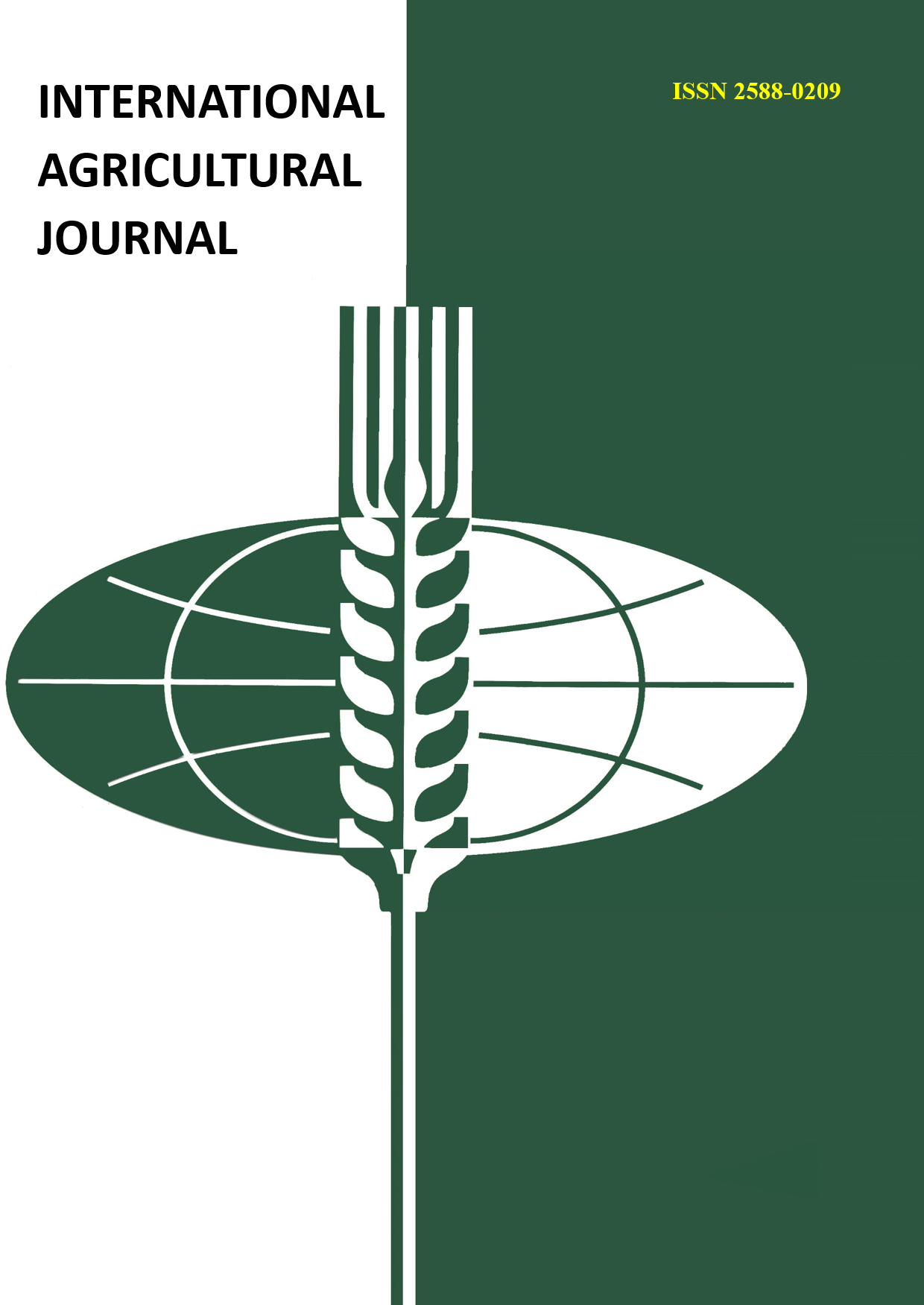The author conducted investigation aiming at determining the essence and features of human capital formation; analyzed the history of human capital theory generation; identified several general aspects revealing its essence; on the basis of theoretical studies presented human capital definition placing the emphasis on the features characterizing the difference between human capital and other types of capital, i.e. as a holder of human capital a person can’t be an object of sale; the subjects of the investment process are the state, the employee and the employer; the investment period is characterized by a long duration (on average 20 years or more), as well as by risks of a higher order; earnings from the use of human capital can have money and natural forms of value; as the total human capital develops the saturation of labor market with various institutional structures is growing; investments in human capital change in a continuous manner; investments in human capital are the most attractive and effective in terms of capital return. On top of all of this, the author defined the features of human capital in the context of sectoral aspect taking into account the features of agricultural production, as one of the areas of the national economy, where production and economic activity depends not only on natural and biological factors, but also significantly correlates with the social sphere.
chelovecheskiy kapital, suschnost' chelovecheskogo kapitala, osobennosti formirovaniya chelovecheskogo kapitala agarnoy sfery














